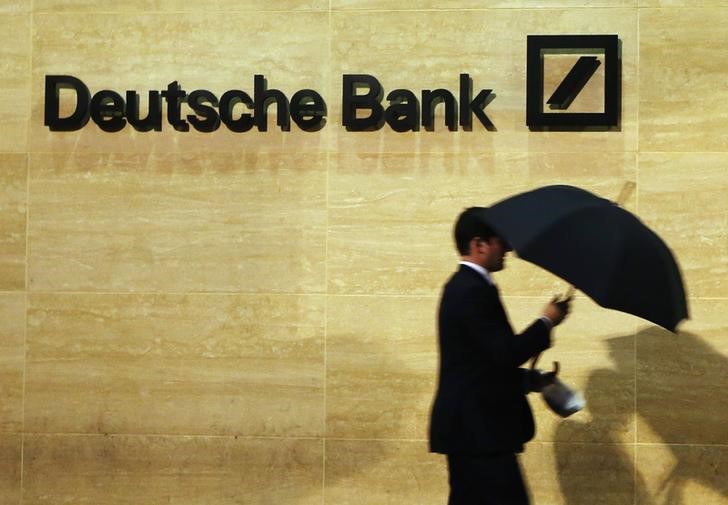Investing.com -- Deutsche Bank analysts are optimistic about the software sector's prospects for 2025, forecasting "fundamental improvement" driven by improving demand trends, AI optimism, and modest multiple expansion.
The bank expects these factors to outweigh challenges such as slow ramping GenAI adoption and elevated capital expenditures.
" Software (ETR:SOWGn) will outperform in 2025,” declared Deutsche Bank (ETR:DBKGn), stating it will be “as a result of improving fundamentals, positive estimate revisions and modest multiple expansion."
They point to several factors supporting this optimistic view, including increased IT budgets and CEO optimism.
"CIO conversations broadly noting an uptick in IT budgets" and "CEO optimism" are both key drivers, alongside the anticipated "troughing NRR" as companies move past the post-pandemic renewal cohorts.
A key theme for Deutsche Bank’s outlook is the "AI halo effect," where companies with strong AI product roadmaps and visions will benefit significantly from GenAI innovations.
"Vendors with stronger AI product roadmaps and visions will see outsized benefit," the analysts explain, with Microsoft (NASDAQ:MSFT), ServiceNow (NYSE:NOW), and Salesforce (NYSE:CRM) all being viewed more strategically in light of AI advancements.
However, not all software subsectors will benefit equally, according to the bank.
Security spend is expected to be under pressure, while front-office applications and consumption-based infrastructure vendors are poised to outperform.
"Front-Office Applications and Consumption-based Infrastructure vendors should outperform," the note highlights, thanks to improving spending trends and the AI halo effect.
Deutsche Bank also predicts that software companies will issue "conservative initial guides for 2025," although they expect positive revisions as the year progresses. "On average, these guides will likely get bought, with optimism on improving fundamentals and sentiment suggesting estimates have a positive revision bias."
In terms of mergers and acquisitions, the analysts don't expect large-scale deals in 2025 but foresee continued sponsor activity and smaller, tuck-in acquisitions as companies focus on internal AI development.
